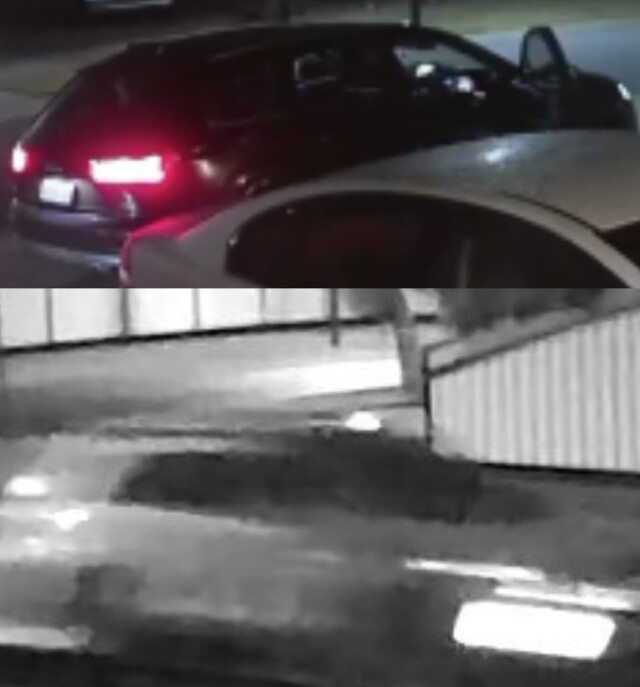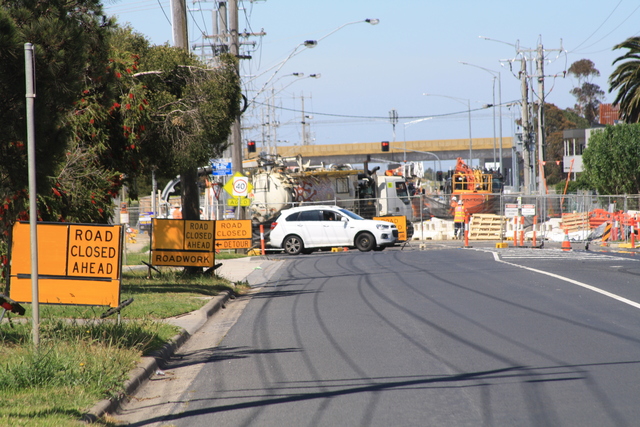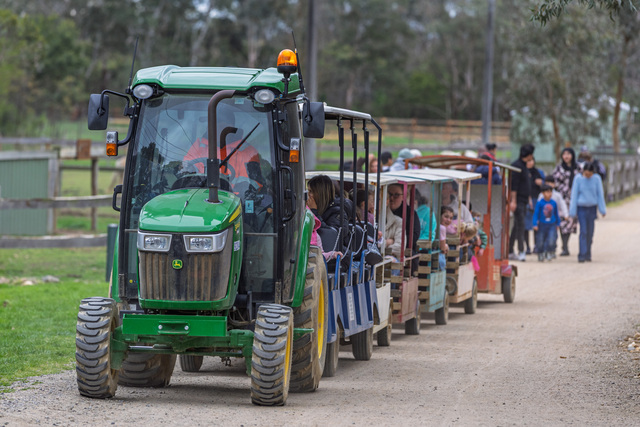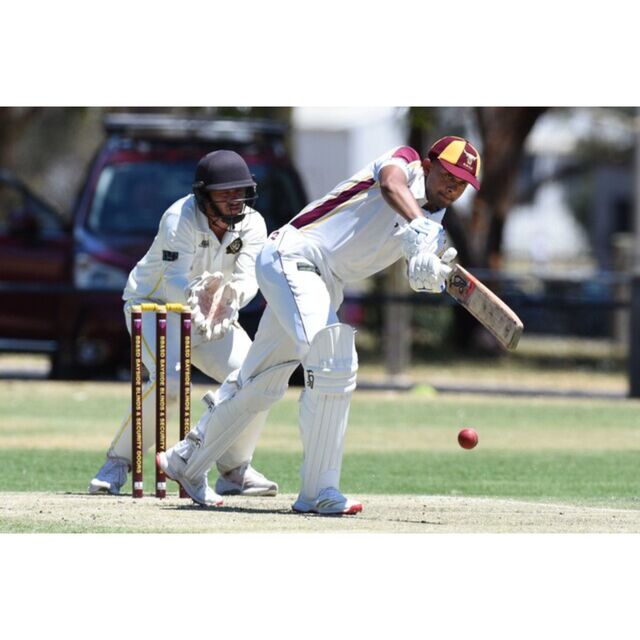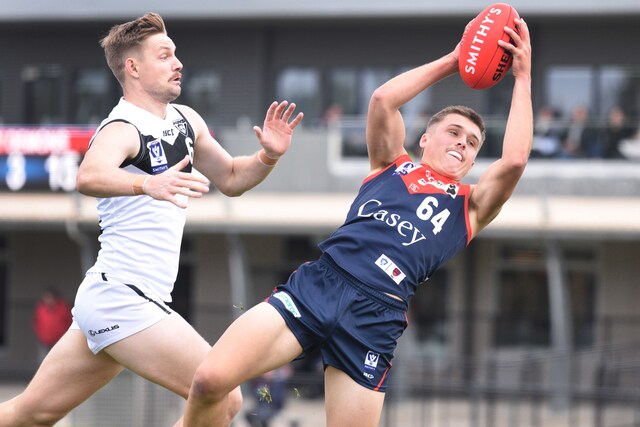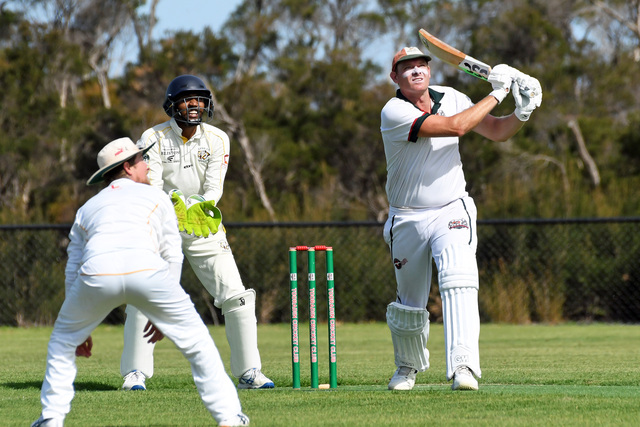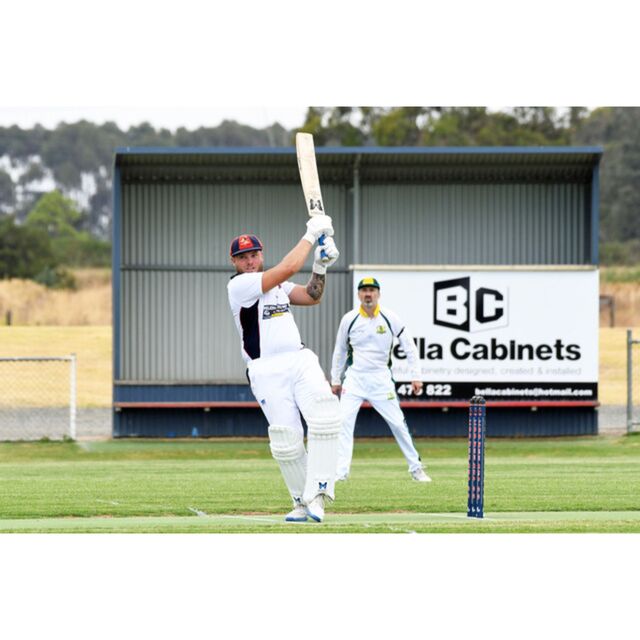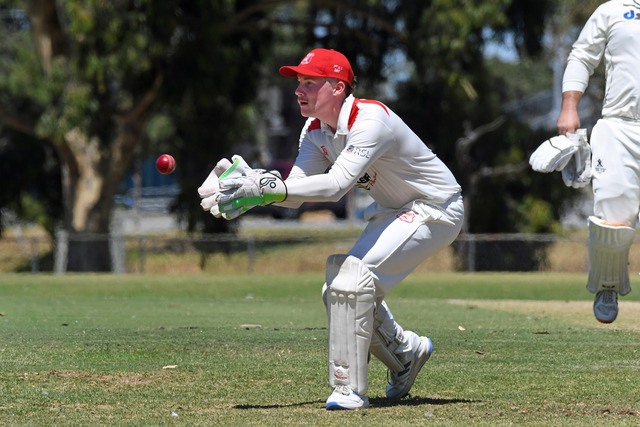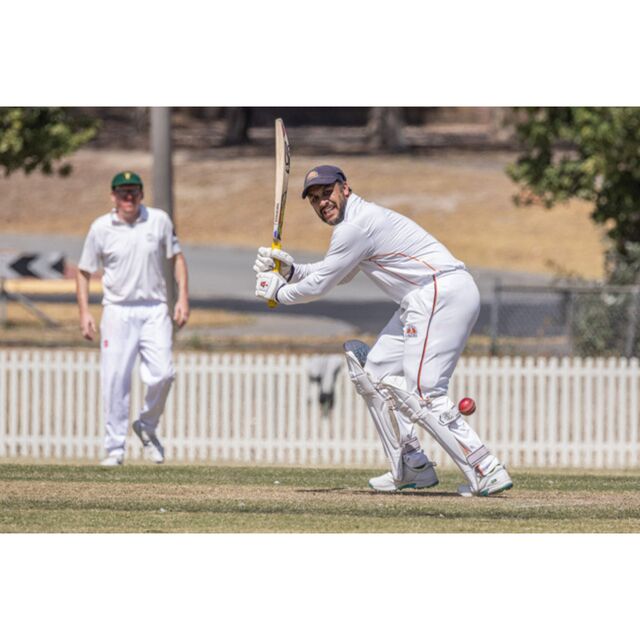By Lia Bichel
SCORCHING temperatures kept Ambulance Victoria busy last week as paramedics responded to eight heat-related cases in the City of Casey.
Paramedics were called in to help a 66-year-old woman from Cranbourne who was feeling sick from the heat. Initially, her son had cooled her with wet towels and sat her in front of a fan. Paramedics later offered reassurance and advised her to keep her fluids up.
On 28 January, paramedics had helped a 77-year-old man from Narre Warren who had been sunbaking for two hours. They found him slumped over, unable to get up. He was very hot, nauseous, and taken to the Casey Hospital for treatment.
Ambulance Victoria assisted in 360 heat-related incidents across the state on 28 and 29 January.
Operations manager Paul Holman said it was also important that older, sick and frail people who needed help coping with the heat were properly cared for.
“People most at risk are people over 65 years, particularly those living alone without air-conditioning, infants, pregnant women and nursing mothers, people who are unwell, especially with heart disease or high blood pressure and people on medications for mental illness,” he said.
Ambulance Victoria chief executive officer Greg Sassella also warned people to take proper safety precautions in the heat.
“The reality of that this is a very extreme situation and people need to realise the consequences can be very serious,” he said.
“We need the community to play their part; we need them to continue to respect the heat and not exert themselves.”
Ambulance Victoria has released a list of tips to help people avoid heat-related illness:
•Never leave anyone in a parked car with the shutters up;
•Drink plenty of water and non-alcoholic fluids. (Note: If your doctor normally limits your fluids or you are on fluid tablets, you may need to check how much to drink while the weather is hot);
•Wear lightweight, loose-fitting clothing;
•Reduce physical activity;
•Know the signs and symptoms of excessive heat exposure and know how to respond;
•Take a cool shower or bath; and
•Look out for warning signs of heat stroke and heat exhaustion such as a rapid heart rate, dizziness, nausea, muscle cramps, vomiting and fainting.
Heat
Digital Editions
-
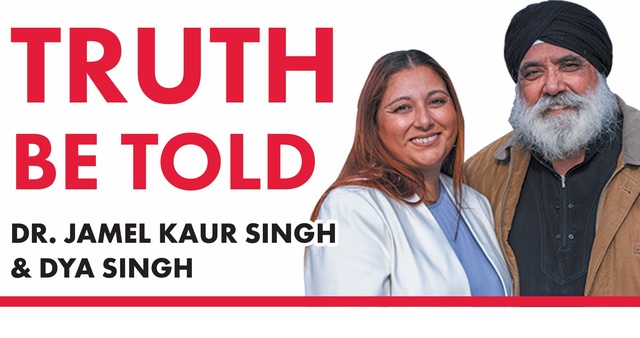
Who owns Australia? Fear, property and the cultural DNA of ownership
After last week’s column on Pauline Hanson, a familiar refrain surfaced again: “Migrants are buying up Australia” and killing the “Castle” dream! It’s a powerful…



